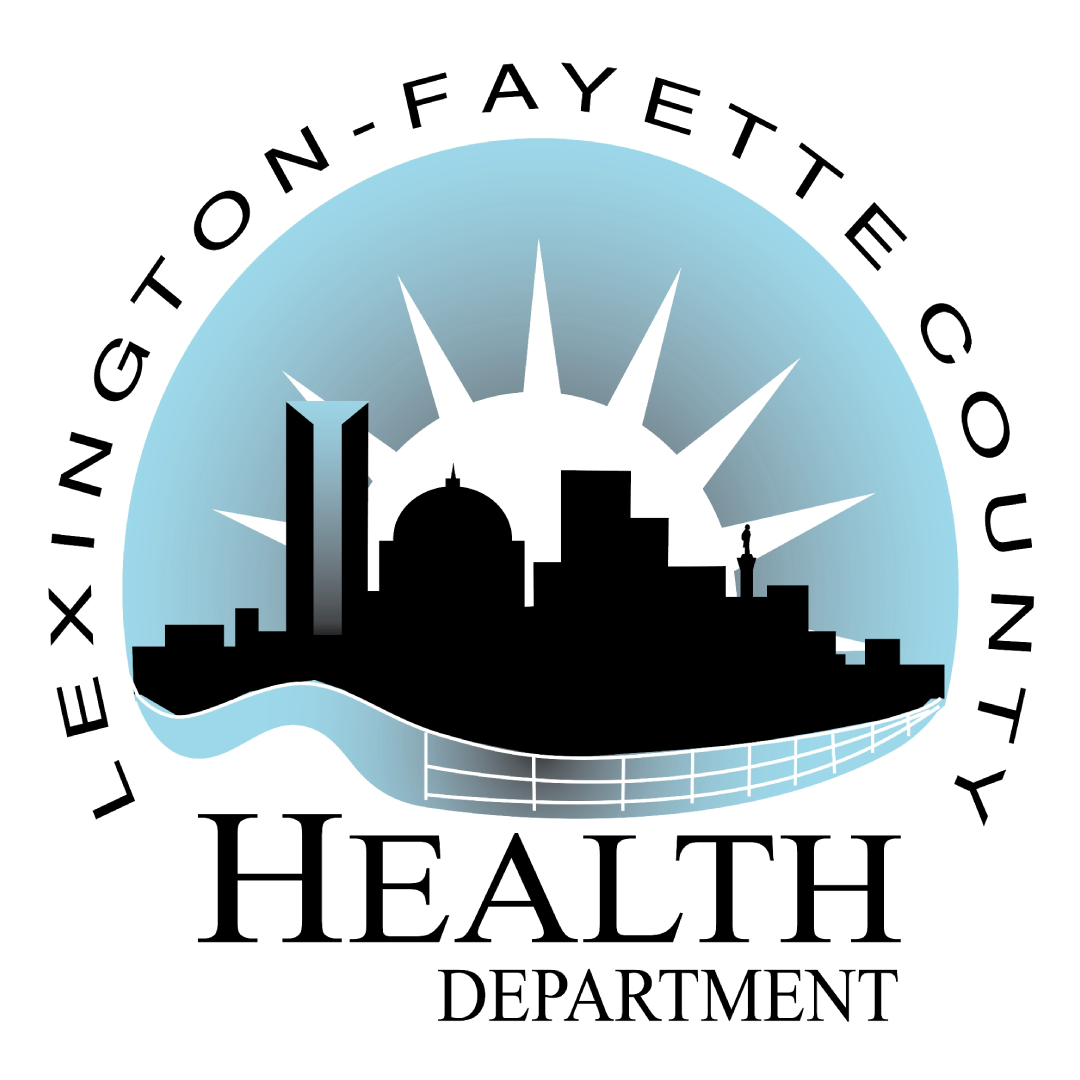Harm Reduction
Harm reduction is a set of practical, evidence-based strategies and ideas aimed at reducing negative consequences associated with drug use (Harm Reduction Coalition, 2020).
Harm Reduction hours of operation:
Lexington-Fayette County Health Department, 650 Newtown Pike, Dr. Rice C. Leach Community Room
Nearly 30 years of research shows that comprehensive syringe services programs (SSPs) are safe, effective, and cost-saving, do not increase illegal drug use or crime, and play an important role in reducing the transmission of viral hepatitis, HIV and other infections. Below are a summary of CDC resources on infectious disease and injection drug use.
What is Harm Reduction?
Harm reduction is an evidence-based approach that is critical to engaging with people who use drugs and equipping them with life-saving tools and information to create positive change in their lives and potentially save their lives. Harm reduction is a key pillar in the U.S. Department of Health and Human Services’ Overdose Prevention Strategy.
What we can provide.
ANONYMOUS
- syringe exchange
- safer sex supplies
CONFIDENTIAL
- FREE naloxone (Narcan) distribution and training
- FREE rapid HIV and hepatitis testing
- Treatment referrals for HIV, hepatitis C, and Substance Use Disorder (SUD)
- Information about services for food, housing, and healthcare
What is Naloxone?
Naloxone is the drug used to reverse opioid overdose. It is available in the form of an easy-to-use nasal spray in different dosages. Higher doses of naloxone may cause more severe withdrawal symptoms.
Naloxone training
- A 10-15-minute class is all it takes to have an important tool to help the community.
- Naloxone kits are available 11 a.m.-5 p.m. Mondays, 3-6:30 p.m. Wednesdays and 11 a.m.-5 p.m. Thursdays in the Dr. Rice C. Leach Community Room at the Lexington-Fayette County Health Department, 650 Newtown Pike.
- We can also host community classes, either on site or another location, for up to 100 people at a time!
If you’re interested in scheduling this, please call 859-899-4230.
Save A Life
Save a life today by learning more about the Harm Reduction Program and how you can help, Lexington be well.
What is Syringe Exchange?
On March 24, 2015, the Kentucky General Assembly gave municipalities authority to institute a syringe exchange program. Senate Bill 192 was passed to allow local health departments to give new needles to PWIDs in exchange for their used needles, with no criminal penalty for people who use drugs.
- A public health program for people who inject drugs (PWIDs)
- Proven to reduce the spread of hepatitis C, HIV and other blood-borne infections
-
- Provides new, sterile syringes and clean injection equipment
- Properly disposes of used syringes
-
Why is a syringe exchange program important for PWIDs?
- Safe disposal of used needles
- Free confidential testing for HIV (optional)
- Education about the harms associated with drug use and how to minimize them
- Counseling and treatment
For more information about the needle exchange program, call (859) 899-4230.
More Information
- reduce the spread of HIV and viral hepatitis by 50%
- reduce the incidence of non-bloodborne infections
- reduce the amount of improperly disposed of syringes
- reduce overdose deaths
- reduce drug use
NOTE: We will not accept needles from patients with diabetes. We realize the need for these patients to dispose of their used needles and have learned from the city that these needles can be put in the regular trash if they are sealed in a heavy plastic or metal container such as a coffee can or similar plastic container. Click here to find out more about the Lexington-Fayette County Urban Government Solid Waste guidelines regarding disposal of “other items” including medical waste. We urge patients who need to dispose of needles used for insulin to do so according to acceptable city procedures. You can also learn more by clicking here.
Helpful Resources:
- Syringe Exchange Program Resource Guide
- KRS 218A.500
- Safe Options for Home Needle Disposal
- The Foundation on AIDS Research
- “Little Victories: Lexington, Kentucky”: a short documentary film by Katherine Tackett that puts a human face on the opioid crisis in the community.
